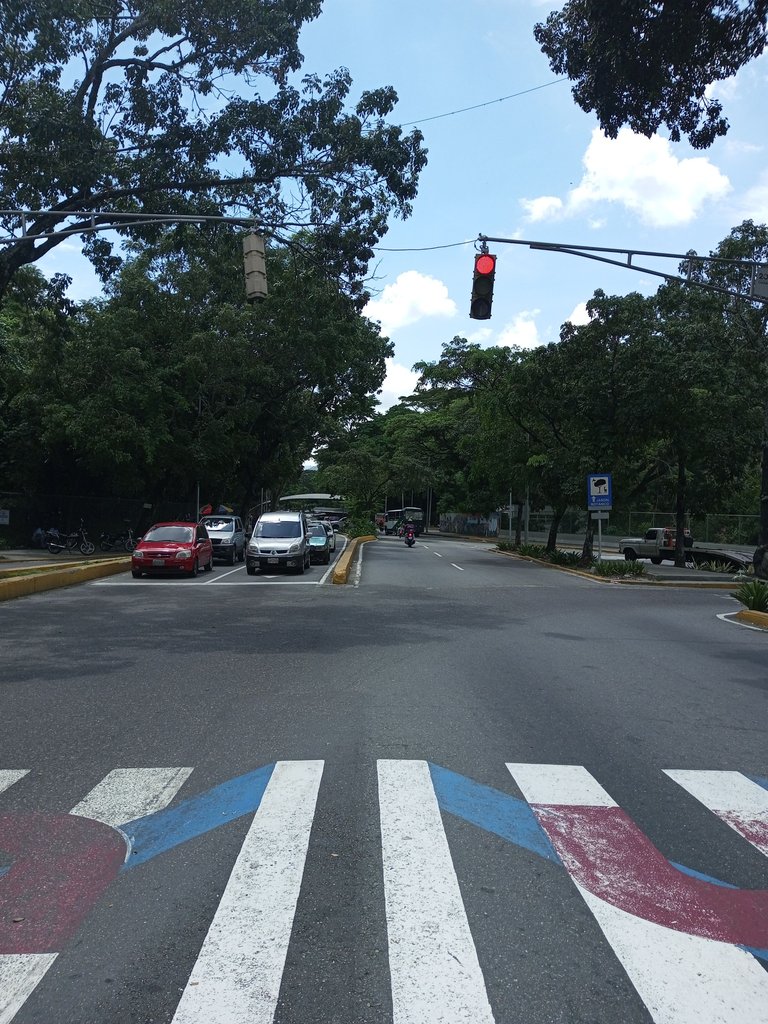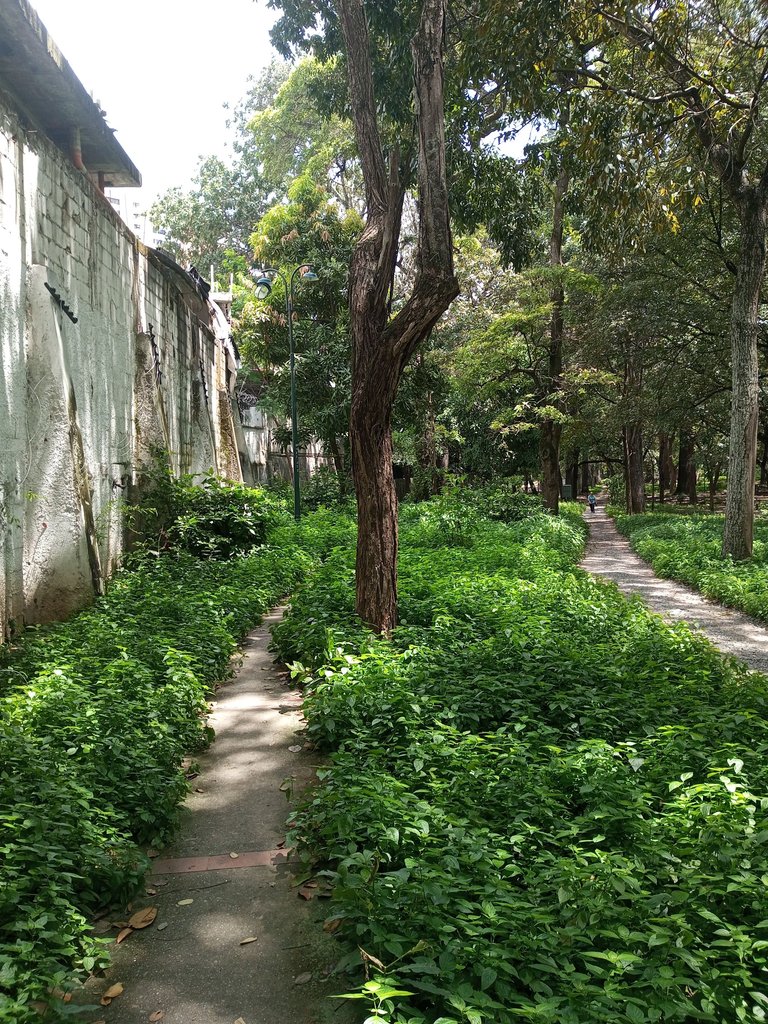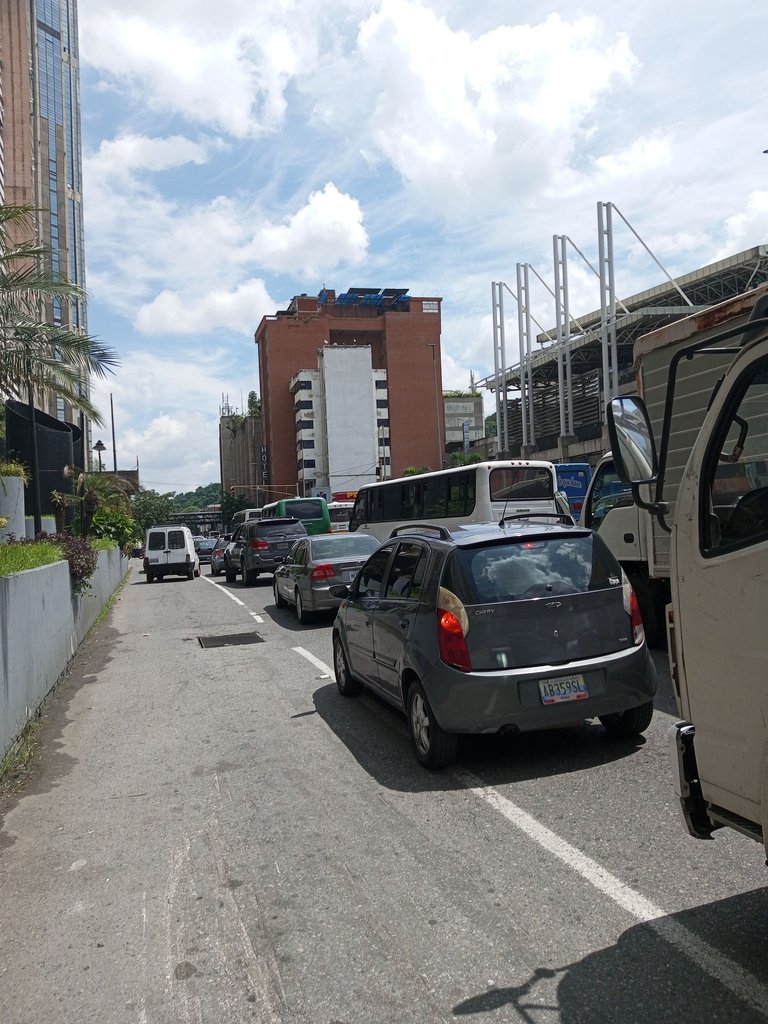
The experience of riding through the streets of Caracas on a weekday dramatically contrasts with the peaceful Sunday atmosphere. This Tuesday, as I navigated the same spaces I had previously traversed with ease, I witnessed the duality that exists in our city when it comes to two-wheeled mobility.
La experiencia de recorrer las calles de Caracas en bicicleta durante un día laborable contrasta dramáticamente con la apacible atmósfera dominical. Este martes, al transitar por los mismos espacios que días antes había recorrido con tranquilidad, pude evidenciar la dualidad que existe en nuestra urbe cuando se trata de movilidad en dos ruedas.
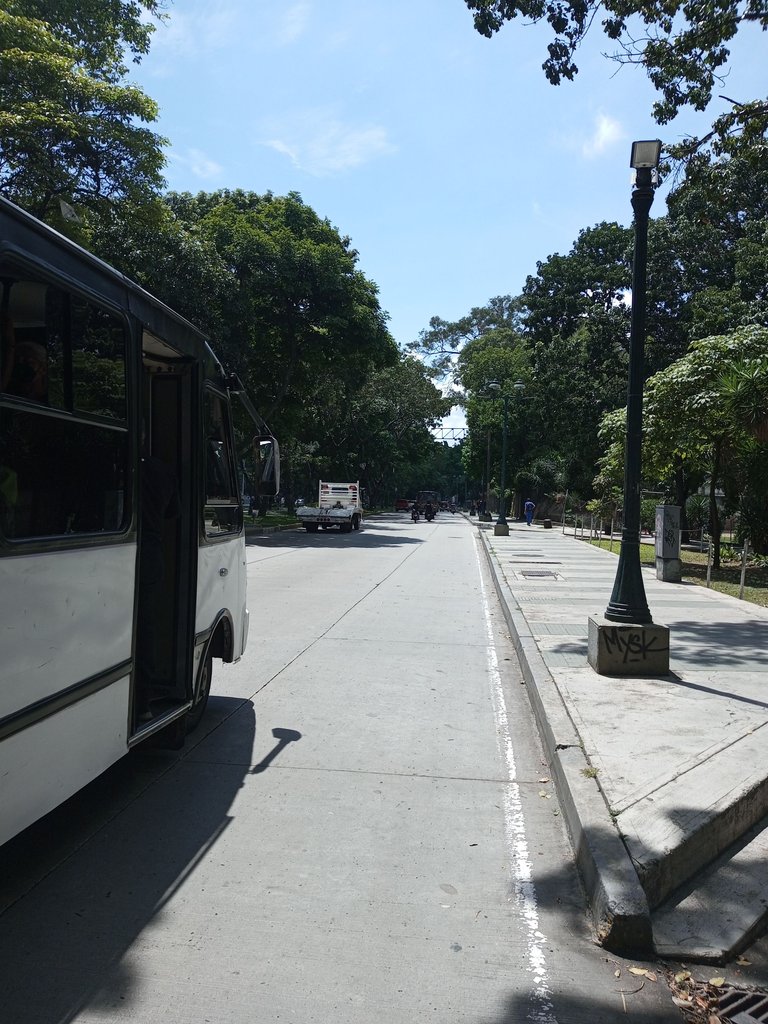
The difference lies not only in the volume of traffic but also in the very purpose of pedaling. While Sundays represent an opportunity for recreation and exercise, detoxifying body and mind from accumulated stress, weekdays transform the bicycle into a tool for urban survival. The cyclist must maintain a constant state of alertness, weaving between cars and motorcycles in an environment that often turns hostile.
La diferencia no radica únicamente en el volumen del tráfico, sino también en el propósito mismo del pedaleo. Mientras los domingos representan una oportunidad para el esparcimiento y el ejercicio, desintoxicando cuerpo y mente del estrés acumulado, los días laborables transforman la bicicleta en una herramienta de supervivencia urbana. El ciclista debe mantener un estado de alerta constante, navegando entre automóviles y motocicletas, en un entorno que frecuentemente se torna hostil.
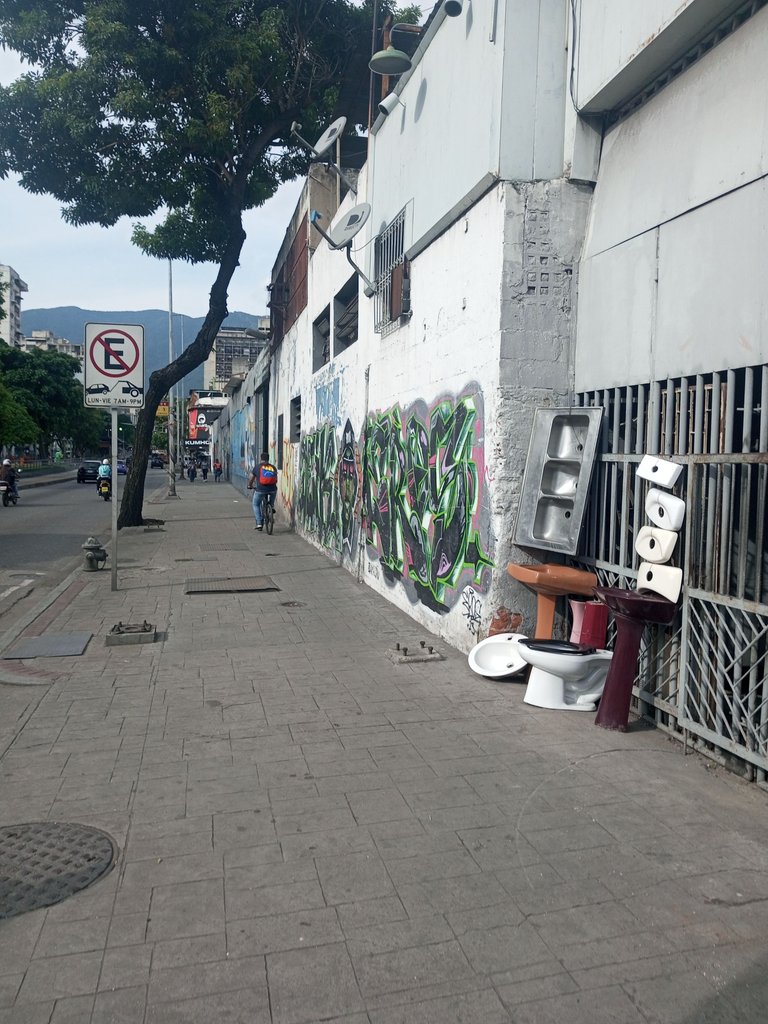
The lack of adequate cycling infrastructure throughout much of the city forces improvisation and adaptation. The few existing bike lanes are oases amid a desert of asphalt designed exclusively for motor vehicles. This reality turns every journey into an exercise of skill and caution, where the cyclist must anticipate not only the movements of traffic but also the possible reactions of drivers who are not accustomed to the presence of bicycles on the road.
La ausencia de infraestructura ciclista adecuada en la mayor parte de la ciudad obliga a improvisar y adaptarse. Las escasas ciclovías existentes son oasis en medio de un desierto de asfalto diseñado exclusivamente para vehículos motorizados. Esta realidad convierte cada trayecto en un ejercicio de destreza y precaución, donde el ciclista debe anticipar no solo los movimientos del tráfico, sino también las posibles reacciones de conductores poco familiarizados con la presencia de bicicletas en la vía.
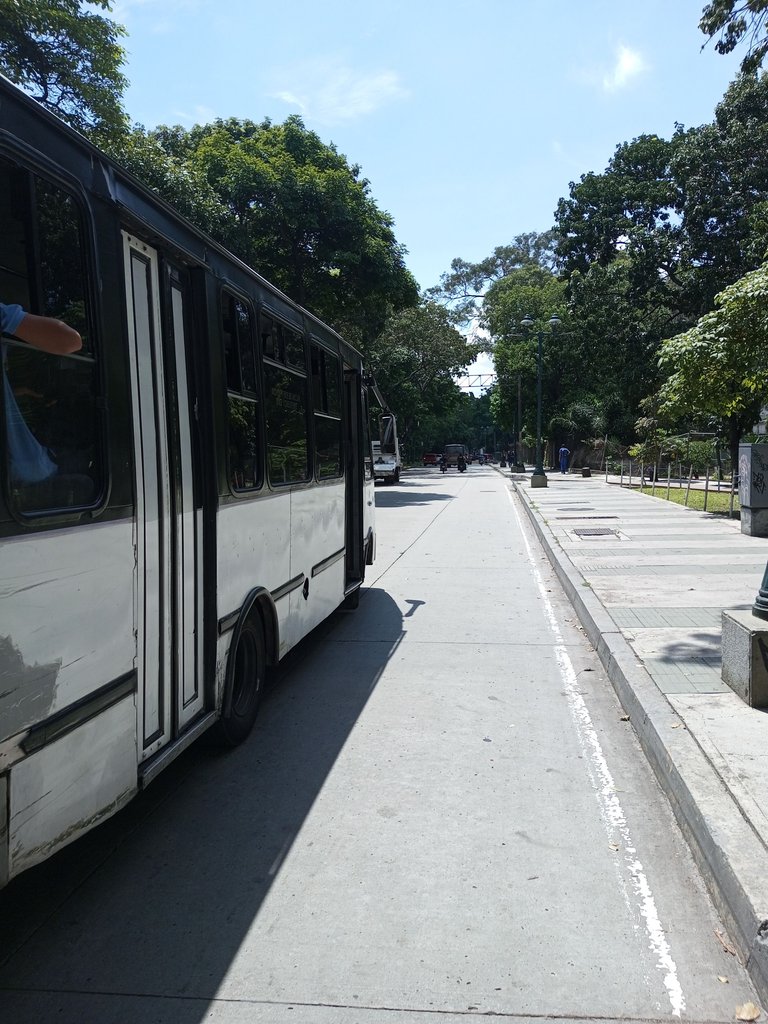
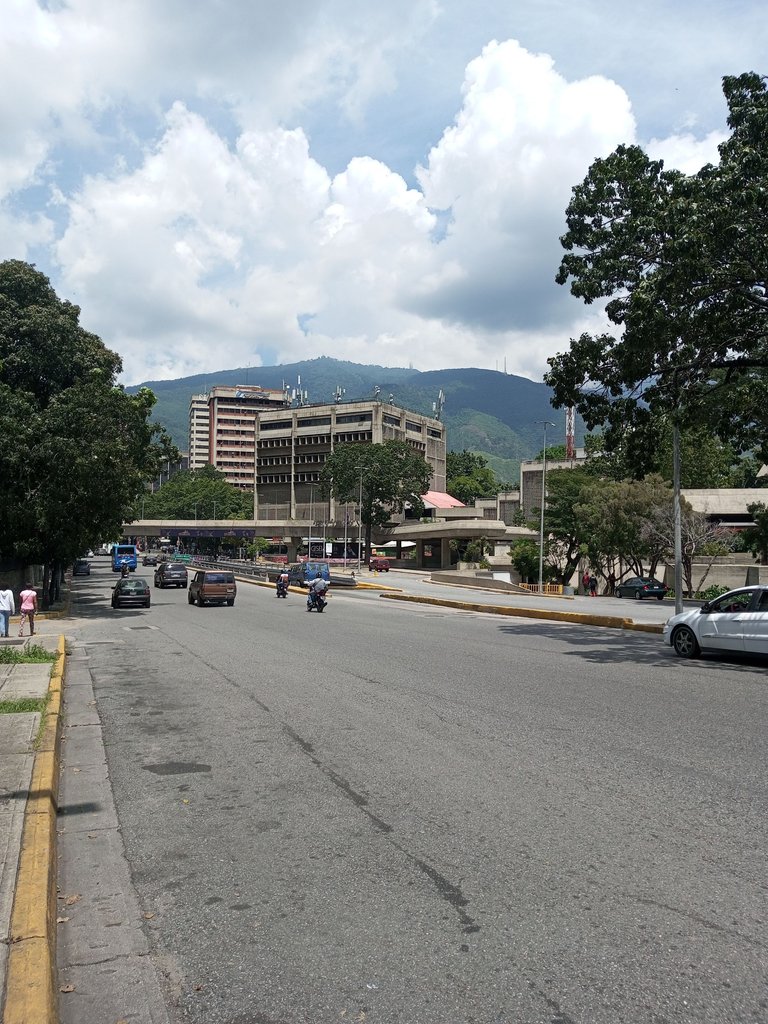
Despite these adverse conditions, there is a resilient cycling community in Caracas. While the movement may be considered nascent compared to other Latin American metropolises where cycling culture is more entrenched and infrastructure is more developed, there is something admirable about the persistence of Caracas cyclists. It is common to find these brave urban navigators scattered throughout the city, solitary yet determined, making their way through the vehicular chaos.
A pesar de estas condiciones adversas, existe una resiliente comunidad ciclista en Caracas. Si bien el movimiento puede considerarse incipiente en comparación con otras metrópolis latinoamericanas donde la cultura ciclista está más arraigada y cuentan con mayor infraestructura, hay algo admirable en la persistencia de los ciclistas caraqueños. Es común encontrar, dispersos por la ciudad, a estos valientes navegantes urbanos que, solitarios pero determinados, se abren paso entre el caos vehicular.
The growing number of people choosing bicycles as a means of transportation, despite the challenges, suggests a gradual shift in the urban mindset of Caracas residents. However, there is still a long way to go in gaining space for bikes in this car-centric city.
El creciente número de personas que eligen la bicicleta como medio de transporte, a pesar de las dificultades, sugiere un cambio gradual en la mentalidad urbana de los caraqueños. Sin embargo, aún queda un largo camino por recorrer para ir ganando espacios para las bicis en esta ciudad diseñada para andar en carros.
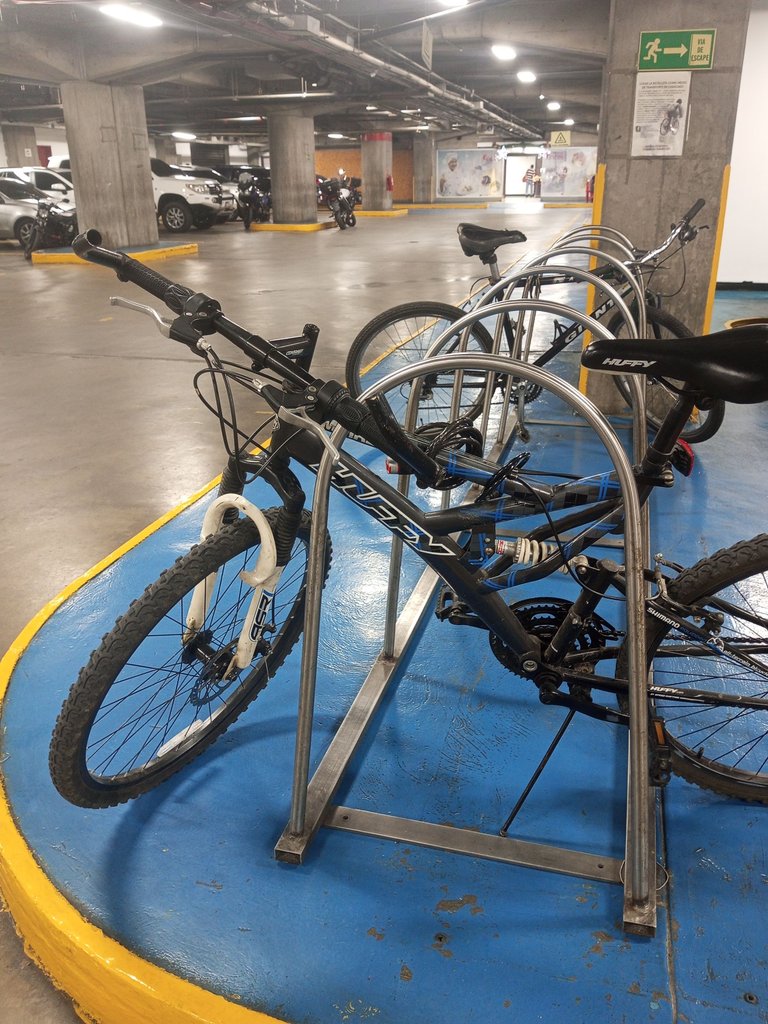
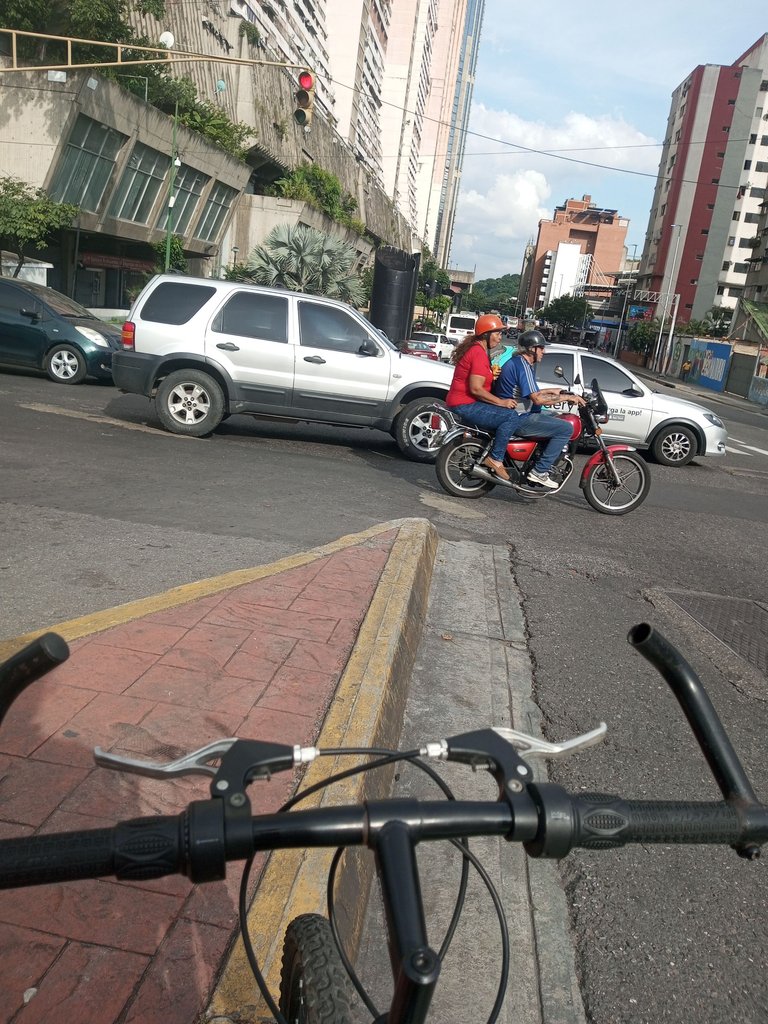
Transformation will require not only investment in infrastructure but also a cultural shift that normalizes the presence of cyclists on the roads and promotes mutual respect among all users of public space.
La transformación requerirá no solo inversión en infraestructura, sino también un cambio cultural que normalice la presencia de ciclistas en las vías y promueva el respeto mutuo entre todos los usuarios del espacio público.
